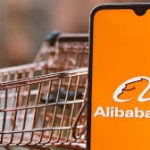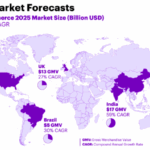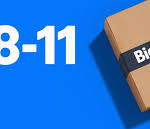France is taking a strong stance against the flood of ultra-cheap goods entering the European Union by proposing a new handling fee on low-value e-commerce imports, specifically targeting platforms like Shein, Temu, and AliExpress. The proposal, backed by the French Finance Ministry, aims to introduce these fees as early as 2026 and is already gaining traction among EU policymakers.
Currently, goods valued under €150 can enter the EU without customs duties under the de minimis exemption. This loophole has been widely exploited by Asian e-commerce platforms to flood the market with fast-fashion, electronics, and other products at prices European retailers find impossible to match. French officials argue that this undermines local businesses, distorts competition, and poses safety risks to consumers.
“Every day, millions of parcels enter the EU, many of them unchecked and undervalued,” said Gabriel Attal, France’s Finance Minister. “We cannot allow this to continue unchecked while our domestic industries suffer.”
The proposed fee would be a flat-rate handling charge added to each low-value parcel entering the EU. Unlike customs duties, this fee would apply regardless of product type or origin, helping cover the costs of customs processing and reinforcing fair competition. The measure is also expected to fund enhanced inspections, particularly for items such as cosmetics, toys, and medicines that may pose health risks.
Data from the European Commission shows that in 2023 alone, 91% of the 4.6 billion low-value parcels imported into the EU came from China. Many of these packages are labeled fraudulently to stay under the €150 threshold, allowing platforms to bypass VAT and duties entirely. France’s proposal would help plug this loophole while remaining compliant with WTO regulations.
The initiative has received cautious support from Germany and the Netherlands, while some Eastern European states are concerned about the administrative burden. However, the proposal aligns well with the EU’s broader push for digital and trade fairness, including the recent Digital Services Act and reforms to the Customs Union.
French customs authorities are also ramping up efforts to screen incoming parcels more rigorously, using AI-powered detection systems to identify mislabeled or non-compliant goods.
If adopted, the handling fee could reshape how low-cost platforms operate in Europe—potentially driving up delivery costs and prices, but leveling the playing field for European e-commerce players and ensuring higher product safety standards.










